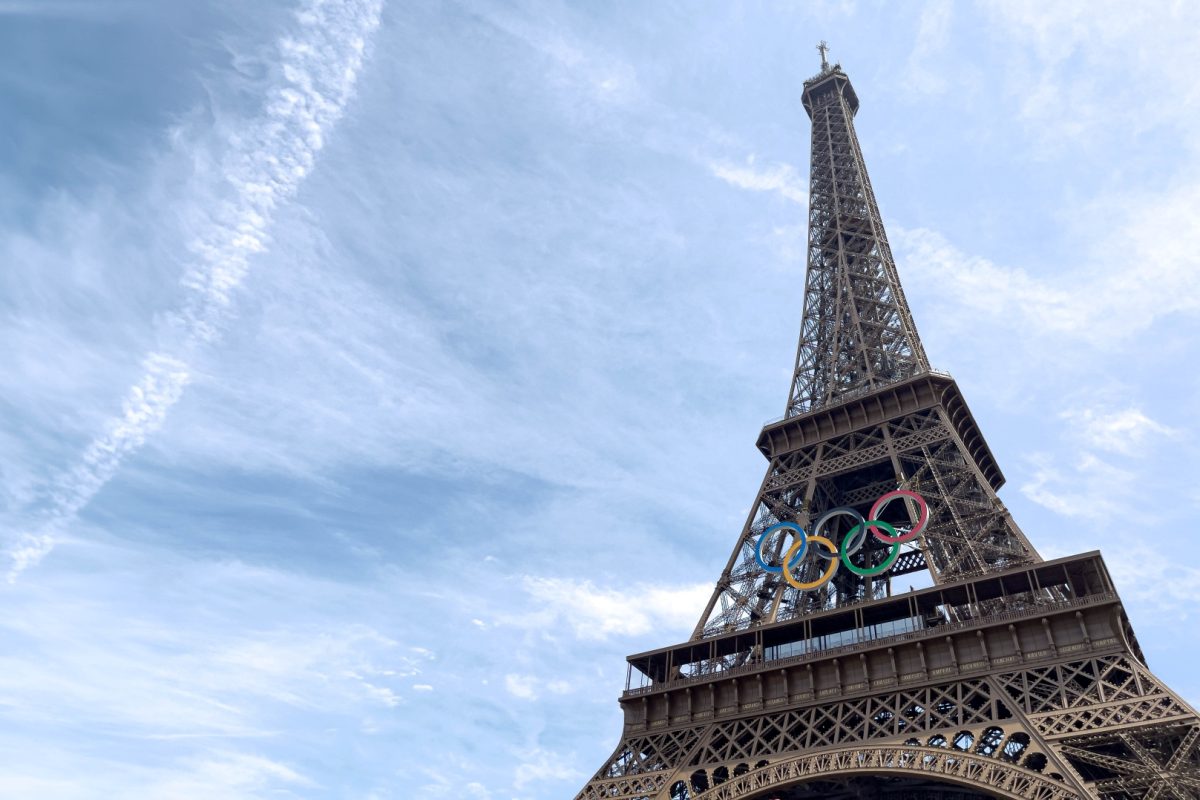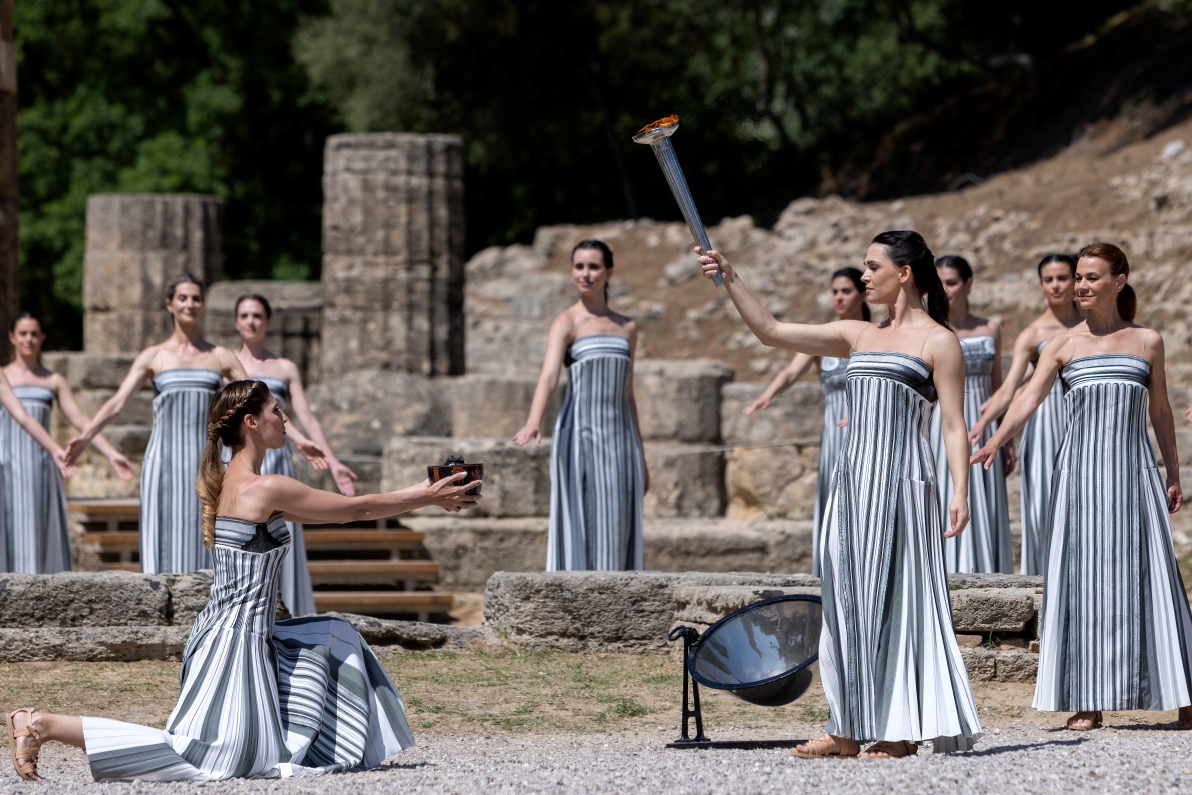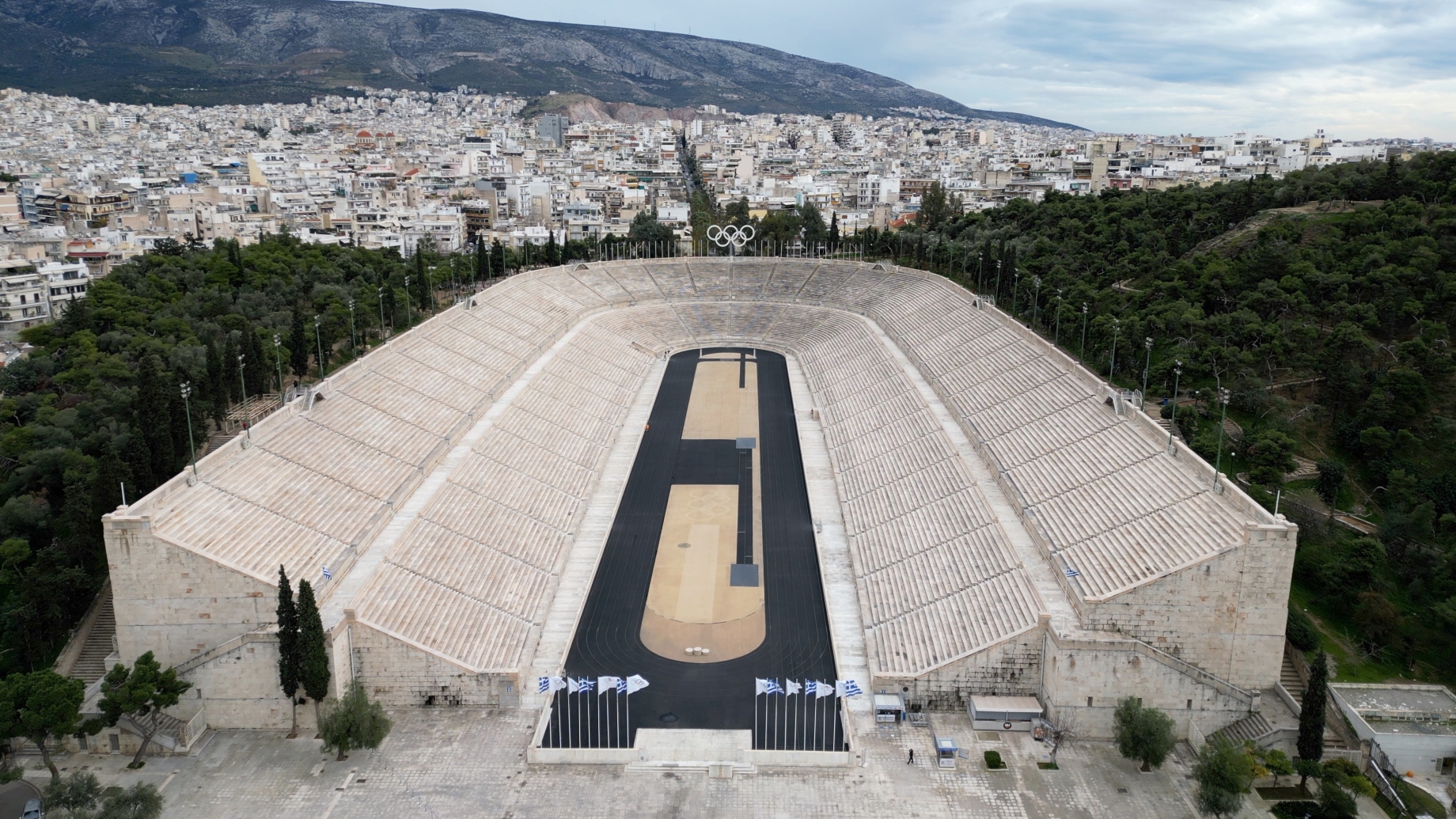Missed Paris? C’est Pas Grave! Discover Greece’s Epic Olympic Secrets

- 11/09/2024
- Author: NouPou.gr
As the excitement of the 2024 Paris Games fades, it’s the perfect moment to delve into the origins of this timeless tradition. Greece, the birthplace of the Olympics, invites you to uncover its rich history and epic secrets. Transitioning from the modern marvels of Paris to the ancient roots of the Games, Greece offers a unique opportunity to explore the actual sites and rituals that have shaped this globally unifying event for centuries. To gain a deeper appreciation of the Olympic spirit, seize the opportunity to visit Greece’s iconic sites: the Museum of the History of the Ancient Olympic Games in Olympia, the Archaeological Museum of Olympia, and the Archaeological Site of Olympia, where the ancient Olympics were held from 776 BCE through 393 CE. Also, visit the Panathenaic Stadium, or Kallimarmaro, in Athens, the historic marble venue that hosted the revival of the modern Olympics in 1896 after a 1,503-year hiatus. Finally, explore the Athens Olympic Museum, which celebrates the modern Olympic Games and their return to Greece in 2004.
To fully appreciate Greece’s enduring influence and the significance of its heritage sites, it’s essential to explore the rituals of the Olympic Games and how they reflect Greece’s foundational role. Using the 2024 Paris Olympics—a contemporary example still fresh in our memories—this article will examine how these rituals underscore Greece’s lasting impact on the modern Games. This exploration reveals that Greece’s role is not merely historical but a living, breathing, and integral part of every Olympic Games.
The Eternal Flame and the Torch Relay: Bridging Ancient Truce and Modern Conflicts
A Pensive Juxtaposition: Ancient Ideal vs. Modern Strife
We cannot begin to juxtapose the ancient and modern Olympic rituals without confronting a poignant reality: in antiquity, the lighting of the Olympic flame signaled a cessation of hostilities through the “Olympic Truce” or “Ekecheiria,” established in the ninth century BCE to ensure safe passage and peaceful competition among athletes from warring city-states. Today, however, the modern Games are overshadowed by ongoing conflicts, with the 2024 Olympics marred by the wars in Eastern Europe and the Middle East. This stark contrast moves us further from the vision of Pierre de Coubertin, who revived the modern Olympics in the late 19th century with the hope of fostering global peace and friendly competition. The gap remains wide, as nations struggle to set aside their differences and truly embrace the spirit of the Games.
The Lighting of the Olympic Flame
In ancient Greece, the lighting of the Olympic flame was a sacred ceremony that took place at the sanctuary of Olympia. The flame was kindled by the sun’s rays using a concave mirror, symbolizing life, unity, and the shared values among athletes from various city-states. It was kept burning throughout the Games in the Prytaneum, serving as a symbol of the era’s commitment to peace and cooperation.

The Olympic Flame Lighting Ceremony for Paris 2024
On April 16, the flame lighting ceremony for the Paris 2024 Games took place at the historic grounds of Olympia, blending ancient rituals with modern touches. Before the ruins of the the Temple of Hera, the high priestess invoked Apollo to light the flame. Due to overcast skies, the flame could not be ignited using the sun’s rays, so a backup flame, previously kindled, was used to maintain the ceremony’s sanctity. Accompanied by dancers portraying Kouroi, the high priestess performed a ritual inspired by ancient customs. The flame was then placed in a ceremonial urn and carried to the ancient stadium by Hestiada, the keeper of the fire. It was, finally, handed to the first torchbearer, along with an olive branch, marking the beginning of the Olympic torch relay and reinforcing the timeless message of peace and unity.
The Olympic Torch Relay: From Greece to Paris, a Journey of Light and Unity
The Olympic Torch Relay, echoing the ancient messengers who once proclaimed the ekecheiria (sacred truce), began with the Greek Olympic rowing gold medalist Stefanos Ntouskos as the first torchbearer. This relay, involving 11,000 torchbearers, spanned Greece before continuing through France, underscoring the Olympic ideals of peace and unity. The route through Greece paid homage to historic sites and celebrated the enduring connection between Greece and France.

On April 26, the torch arrived at the Panathenaic Stadium in Athens, where it was ceremonially handed over to the Paris 2024 organizers. The next day, the flame set sail for France aboard the ship Belem. Over the course of 68 days, it traveled through 65 French territories, culminating in Paris for the opening ceremony on July 26.
At the culmination of the relay, the Olympic cauldron was ignited by French sporting icons Marie-José Pérec and Teddy Riner, who were the last torchbearers. Departing from tradition, this year’s cauldron, which soared 200 feet into the air at night, created the illusion of a floating ring of fire, achieved with the aid of a balloon resembling a hot air balloon. This modern twist added a dramatic flair to the traditional symbol of the Games, embodying the enduring spirit of peace and solidarity.
Greece Leads the Olympic Parades: A Tradition Deeply Embedded in History
At the 2024 Paris Olympics, Greece upheld its traditional role at the head of the Olympic parades during both the opening and closing ceremonies.This practice, established during the revival of the modern Games in 1896, highlights Greece’s foundational importance in Olympic history and reaffirms its lasting influence on the contemporary Games.
As tradition dictates, Greece initiated the Parade of Nations at the Opening Ceremony, making a striking entrance aboard a festively decorated boat. Athletes waved the Greek flag as the crowd cheered. Notably, flag bearers Antigoni Drisbioti and Giannis Antetokounmpo led the Greek contingent, with Antetokounmpo achieving a milestone as the first Black flag bearer for Greece.
Read the rest of the article here https://xpat.gr/missed-paris-cest-pas-grave-discover-greeces-epic-olympic-secrets/